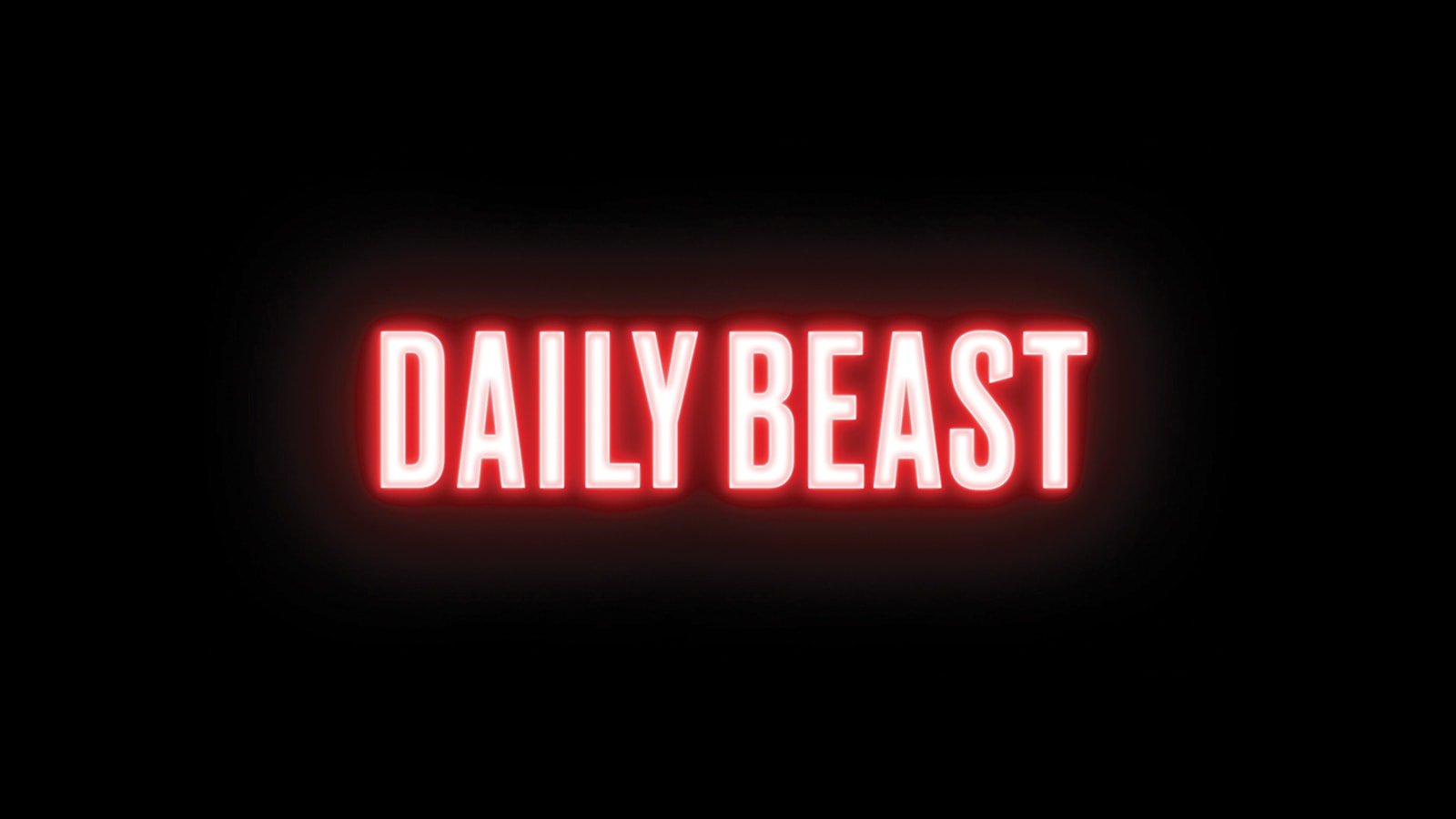
‘black odyssey’ Takes Homer on an Epically Engaging Ride to Harlem
Moving, fierce, and laugh-out-very-loud funny, Marcus Gardley’s show takes Homer’s “The Odyssey,” and recasts it around Black history, pain, joy, resistance, love, and power.
by Tim Teeman
This isn’t a prediction. But one day black odyssey (Classic Stage Company, to March 26) should be mounted on a Broadway stage in front of the kind of engaged audience this critic saw the show around this weekend. The show feels like an irresistible hit on a small stage that would happily occupy every inch of a bigger one. Moving, fierce, laugh-out-very-loud funny, beautifully lit (by Adam Honoré), designed (David Goldstein), and directed by Stevie Walker-Webb, in black odyssey playwright Marcus Gardley takes Homer’s The Odyssey, and recasts it as an “epic poem in four acts” around Black history, pain, joy, resistance, love, and power.
Over a two and a half hour span we follow the journey of Ulysses Lincoln (Sean Boyce Johnson), who in 2017 is trying to return home from serving in Afghanistan. He is riven with guilt at a particular killing he has carried out—in this case, sadly for him, the son of God Paw Sidin (Jimonn Cole).
The latter wants to ensure Ulysses goes through every pain and hardship imaginable as he desperately tries to return home to Harlem and his wife Nella (D. Woods)—“He shot my son in the face so I’m eatin’ him. Revenge is a meal best served raw.” Paw Sidin is also engaged in a battle of wills and dares with brother Deus (James T. Alfred), and so—as we initially see—this is a chess-game with frightening consequences.
Just as the Greeks believed that we are flies when it came to the Gods making sport of us, so the characters in black odyssey are all too keenly aware of the forces—whether gods, governments, or the forces of capitalism and white supremacy—that govern Black lives far out of their control. The production weaves together mythology and Black history, and features notably gorgeous costumes designed by Kindall Houston Almond that run the gamut from basic combat fatigues to extravagant seventies glam.
In both Ulysses’ quest to get home and atone for what he has done, and what is happening in that home—Nella trying to raise their son Malachai (a neatly spiky and stroppy Marcus Gladney Jr.)—we see those forces try to do their worst, as a mother does her best while still hoping against her hope that her husband will return to her. The show does not just stay in the modern day, but ranges freely through time to the Civil Rights Era, where we meet another family (Adrienne C. Moore, Lance Coadie Williams, Temídayo Amay) trying literally to stay afloat.
In their sea of an environmental catastrophe—Hurricane Katrina—they spy other icons of Black history alive and engaged in their own battles of survival, including Emmett Till.
Time bends this way and that in black odyssey, eventually leading to the arrival of Harriett D. Foy’s Aunt Tee. We all need an Aunt Tee in our lives. Frankly, the world would best be run by Aunt Tee, a commanding diva, fiercely protective, free in her judgments, and passionate in her loyalty and love—and she wears the hell out of a pair of white boots. “God knows you could use a hot bath, hot comb, and a hot oil treatment. You done gave up on yourself, haven’t you?” she tells Nella when she turns up at her Harlem home to take charge.
Her on-the-money summation of Malachai’s transgressions are: “He’s a teenager. This the shit they do. I been watchin’ Euphoria. You got to let him do dumb stuff like come home early and wear saggy pants that show his underwear and eat like we don’t feed him and paint his hair all kinds of colors and stare at girls like he’s possessed and play that Xbox all hours of the night and walk with his head down and drag his feet and smell like eggs.”…
Foy relishes every regal, scene-swiping line she is given. Moore also gleefully dominates the stage in the moment she transforms into a ravenous Circe, keen to seduce a lost, and understandably hungry Ulysses as she drawls a poem of unctuously edible lust: “Scent of mint, of toffee, coffee newly brewed/Mouths water like ice droplets on crystal glass/Eyes tear from steamy vegetable, hot potato and corn mash/When butter beans turn an ‘eat me green’/Melting margarine into a golden glisten/And if you listen… you can hear guts growlin’…”
Alfred plays it straight and sonorous as Deus, before—in orange flares and platform boots—taking over the stage as Super Fly Tireseas, the shagadelic prophet. Diana Ross, Tina Turner, and James Brown make their presences known. There are other striking set-pieces; the one which got our audience most fired up occurs when Nella stands on the brink of making Paw Sidin’s villainous ambitions come true, as now disguised, he tries to make her say that she loves him and not Ulysses. “Don’t do it girl!” came one shout from the front row.
The culmination of the show brings us to the present day, the end of Ulysses’ odyssey, and quieter final displays of atonement, redemption, and family. black odyssey does not sugarcoat, but it emphasizes that beyond merely surviving oppression and attack are the consolidating forces of love, strength, and power.

